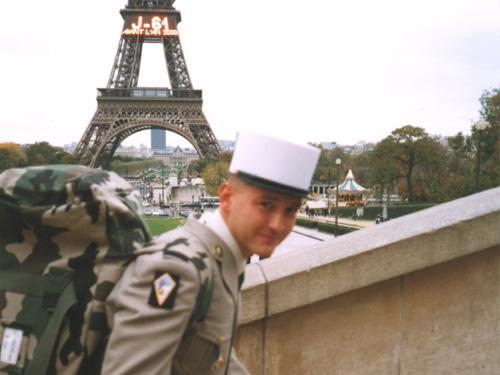About
Ernst Jünger (GERMANY)
Ernst Jünger, German writer, 1895–1998, was born in Heidelberg and grew up iin Hanover as the son of a pharmacist. Jünger went to school between the years of 1901 and 1913 and was member of the "Wandervogel"-movement. He ran away from home to join the French Foreign Legion where he served in North Africa . Jünger's early war novels were based on arduous army experience. Strongly influenced by Nietzsche, they glorified war and its sacrifice as the greatest physical and mental stimulants. Among these works are Storm of Steel (1929), Feuer und Blut (1924), and Copse 125 (1930). Later he opposed Hitler and rejected his own militarism in a mystical plea for peace, expressed in his diaries of the war years and in the futuristic novels On the Marble Cliffs (1947), an allegorical attack on Nazism; Garten und Strassen (1942); and Heliopolis (1949). His later works include The Glass Bees (1961) and Aladdin's Problem (1992).Throughout his life he had experimented with drugs as: ether, cocaine, and hashish; thirty years later he used mescaline and LSD. His experiments were recorded comprehensively in Annäherungen (1970). He met several times with LSD inventor Albert Hofmann and they took LSD together. His 100th birthday on March 29, 1995, was met with praises from various individuals and fans, including François Mitterrand.

